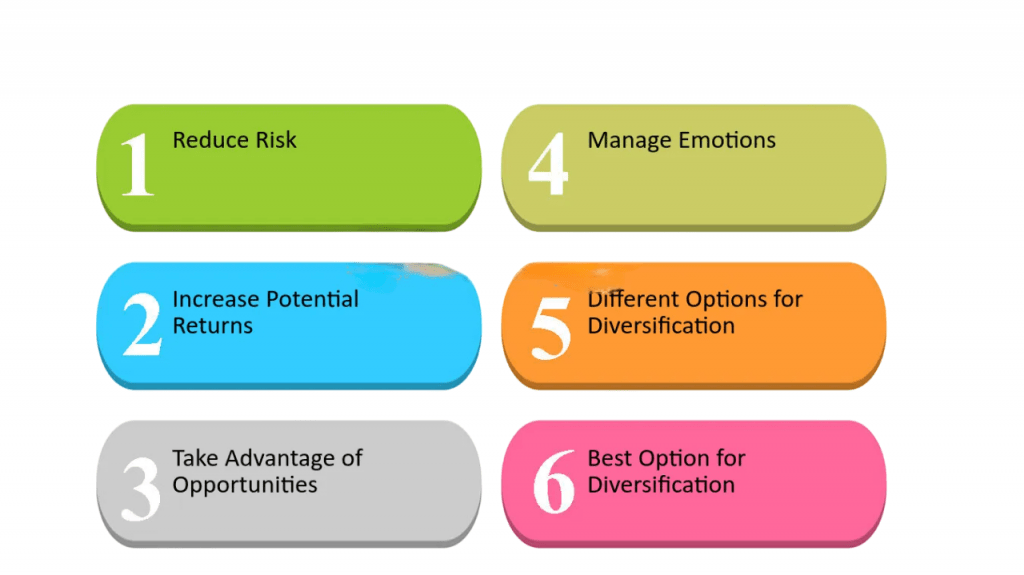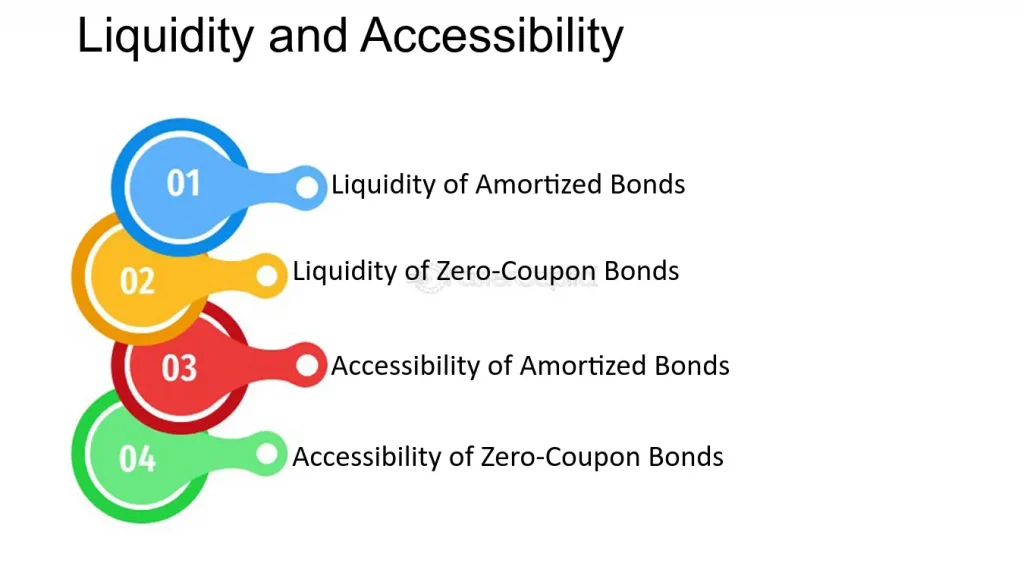
- Introduction to Mutual Funds
- Benefits of Diversification
- Professional Fund Management
- Low Investment Threshold
- Tax Advantages
- Liquidity and Accessibility
- SIP vs Lump Sum
- Different Types of Mutual Funds
- Conclusion
Introduction to Mutual Funds
Mutual funds have emerged as one of the most popular investment vehicles for retail investors around the world, including India. They provide an efficient and professional way to invest in a diversified portfolio of assets with relatively low capital. In essence, a mutual fund pools money from multiple investors and invests it in a variety of securities like stocks, bonds, money market instruments, and other assets. Managed by professional fund managers, mutual funds offer the benefits of diversification, professional expertise, index funds and investment funds economies of scale to individual investors who might otherwise find it difficult to access such opportunities on their own.Types of Mutual Funds are regulated by securities market regulators in India, this is the Securities and Exchange Board of India (SEBI). They come in various categories tailored to different risk appetites and financial goals, making them versatile options for long-term wealth creation.
Benefits of Diversification
One of the primary advantages of investment funds in the best mutual funds is diversification. Diversification refers to spreading your investments across a wide range of assets to reduce the overall risk. The idea is simple: by investing in different companies, sectors, index funds and asset classes, the poor performance of one investment can be offset by the better performance of others.Individual investors often face challenges in achieving diversification due to limited capital, lack of expertise, Professional fund management or access to different markets.

Mutual funds solve this problem by pooling resources and investing across multiple securities, thereby reducing unsystematic risk risks specific to a single company or industry.For example, an equity mutual fund may hold stocks of 50 to 100 companies across various sectors such as banking, technology, pharmaceuticals, and consumer goods. If the technology sector underperforms, gains in other sectors may cushion the overall portfolio performance.Diversification also extends to geographic regions in international top mutual funds or across asset classes in balanced types of mutual funds that invest in both equities and debt instruments.
Do You Want to Learn More About Database? Get Info From Our Database Online Training Today!
Professional Fund Management
Another significant benefit of mutual funds is professional fund management. top mutual funds are managed by experienced and qualified fund managers who continuously analyze the market, economic trends, company fundamentals, and other factors to make informed investment decisions.For most retail investors, keeping up with such complex and constantly changing information can be challenging and time-consuming. By investing in best mutual funds, investors entrust their money to professionals who use rigorous research and advanced tools to select the best possible investments within the fund’s mandate.These fund managers also monitor the portfolio regularly, rebalancing it to adapt to changing market conditions and investment objectives. This active management can improve returns and manage risks better than most individuals can on their own.Moreover, fund houses often have research teams that support the managers by providing detailed analysis, industry reports, and financial models, ensuring that investment decisions are well-informed.
Would You Like to Know More About Database? Sign Up For Our Database Online Training Now!
Low Investment Threshold
Mutual funds make investing accessible to a wide range of investors by offering low minimum investment thresholds. Unlike investing directly in stocks or bonds, which may require significant capital, best mutual funds allow investors to start with relatively small amounts sometimes as low as Rs. 500 per month through Systematic Investment Plans (SIPs).This low entry barrier democratizes investment opportunities and encourages disciplined investing habits. It is especially helpful for young investors, Investing in mutual funds, salaried individuals, and those who cannot commit large sums at once but wish to participate in capital markets.The availability of SIPs means investors can invest small amounts regularly, leveraging the benefits of rupee cost averaging and compounding over time.
Tax Advantages
Investing in mutual funds also offers certain tax benefits under Indian tax laws, which can enhance overall returns.
- Equity-Linked Savings Schemes (ELSS): ELSS funds are a type of mutual fund that qualifies for tax deductions under Section 80C of the Income Tax Act, up to Rs. 1.5 lakh per financial year. This reduces the taxable income of investors, providing immediate tax relief.
- Capital Gains Taxation: Long-term capital gains (LTCG) on equity mutual funds held for more than one year are taxed at 10% on gains exceeding Rs. 1 lakh in a financial year. Debt funds held for more than three years qualify for indexation benefits, which can reduce the tax burden on gains significantly.
- Dividend Distribution Tax (DDT): Earlier, mutual funds paid DDT on dividends declared, but now dividends are taxed in the hands of investors at applicable slab rates, promoting more transparent tax treatment.
Understanding these tax implications helps investors plan their portfolios more tax-efficiently.
To Earn Your Database Certification, Gain Insights From Leading Blockchain Experts And Advance Your Career With ACTE’s Database Online Training Today!
Liquidity and Accessibility
Mutual funds offer high liquidity, meaning investors can easily buy and sell fund units on any business day at the prevailing Net Asset Value (NAV). Unlike some investment options such as fixed deposits or real estate, which may have lock-in periods or be difficult to liquidate quickly, best mutual funds allow investors to access their money with minimal hassle.Open-ended mutual funds allow investors to redeem their investment funds anytime, subject to exit load if applicable.

This liquidity provides financial flexibility for meeting short-term needs or reallocating investments.Additionally, top mutual funds have made investing highly accessible through online platforms, Types of Mutual Funds, mobile apps, and systematic investment options. Investors can transact seamlessly without physical paperwork, track performance online, and access research tools, making mutual fund investing convenient and user-friendly.
Preparing for a Database Job? Have a Look at Our Blog on Database Interview Questions and Answers To Ace Your Interview!
SIP vs Lump Sum
Investors have the option to invest in mutual funds either through lump sum or systematic investment plans (SIPs).
Lump Sum Investment
- This involves investing a large amount in one go.
- Suitable when investors have a substantial sum to invest, such as bonuses, inheritance, or sale proceeds.
- It is more exposed to market timing risk; investing a large amount just before a market downturn can lead to short-term losses.
Systematic Investment Plan (SIP)
- SIP allows investing a fixed amount regularly, typically monthly.
- This approach spreads investment over time, reducing the risk of market timing.
- SIPs help inculcate discipline and leverage rupee cost averaging buying more units when prices are low and fewer when prices are high, thereby lowering the average cost per unit.
- SIPs also harness the power of compounding when invested over the long term.
Both methods have their merits, and investors can choose based on their financial situation, risk tolerance, and market outlook.
Different Types of Mutual Funds
Mutual funds come in many varieties, categorized by asset class, investment strategy, and objective. Some common types include:
Equity Funds
Invest primarily in stocks of companies. These are suitable for investors seeking capital appreciation over the long term.
- Large-cap funds: Invest in large, established companies.
- Mid-cap and small-cap funds: Invest in medium and small companies with higher growth potential but greater risk.
- Index funds: Track a benchmark index like the Nifty 50 or Sensex.
- ELSS: Tax-saving funds with a mandatory lock-in period of 3 years.
Debt Funds
Invest in fixed income instruments. Suitable for conservative investors seeking steady income and capital preservation.
- Short-term funds
- Income funds
- Gilt funds (government securities)
- Liquid funds (ultra-short term)
Hybrid Funds
- Combine equity and debt to provide growth with risk mitigation.
- Balanced funds
- Monthly income plans (MIPs)
- Dynamic asset allocation funds
Conclusion
The best mutual funds have revolutionized the way individuals invest, making capital markets accessible to millions with diversified portfolios, Professional fund management , and affordable entry points. They offer an excellent avenue for both novice and seasoned investors to participate in wealth creation across asset classes and sectors.Key advantages include diversification that reduces risk, expert fund management that seeks optimal returns, index funds tax benefits that improve after-tax gains, Investing in mutual funds, liquidity that provides access to funds when needed, and options to invest systematically or as lump sum.Investors must understand their risk tolerance, financial goals, investment funds and time horizon to select suitable mutual funds. While top mutual funds offer growth opportunities, it is essential to be aware of risks and avoid chasing short-term gains.By leveraging the power of compounding and disciplined investing, mutual funds can help build long-term wealth and achieve financial security




